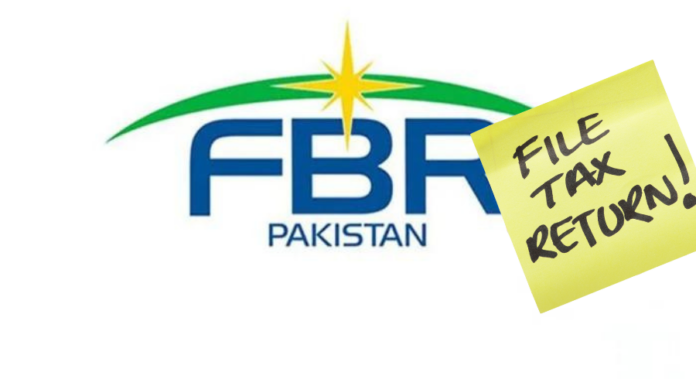According to the Auditor General of Pakistan (AGP) report on Inland Revenue and Customs (2024-25), the Federal Board of Revenue (FBR) is not fully capitalising on the data available through the Malomaat Portal of IRIS.
Despite having access to critical information on potential taxpayers, many high-net-worth individuals continue to file nil returns, leading to zero payment of their actual tax liability.
The Malomaat Portal contains valuable data on individuals who have industrial electricity connections, a history of foreign travel, or own vehicles over 1500cc. However, this data is not being effectively utilized to collect the tax revenue that could be generated from these taxpayers. Instead, they are submitting returns showing no taxable income, effectively bypassing their tax obligations.
The AGP’s report urges the FBR and its field formations to take more proactive steps to register potential taxpayers using the available data from industrial electricity/gas consumers, vehicle registration records, and foreign travel history. It recommends better coordination between FBR and other institutions such as NADRA, motor registration authorities, property registration authorities, and withholding agents.
The FBR established the Broadening of Tax Base (BTB) wing in 2013 to increase the number of taxpayers and ensure the timely filing of returns. The wing’s role is to liaise with organizations holding data on financial transactions, obtain relevant datasets, and use them to expand the tax base.
The AGP’s findings highlight systemic issues in the FBR’s enforcement and call for an improvement in internal controls to better enroll new taxpayers and take legal action against defaulters.
Despite having ample data, the FBR’s failure to enforce proper tax filings and capture potential tax revenue continues to hinder the country’s tax collection capacity.




